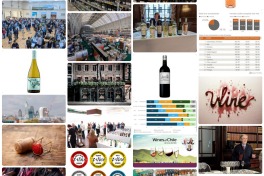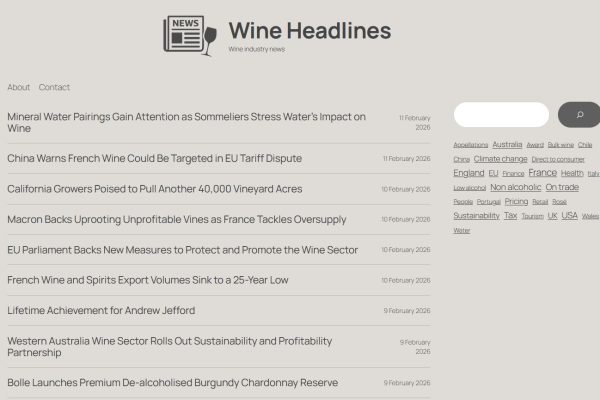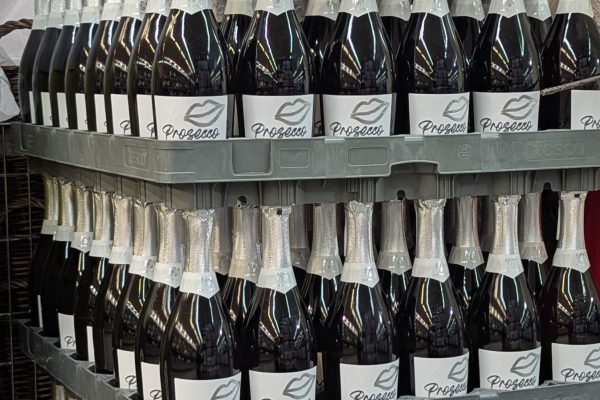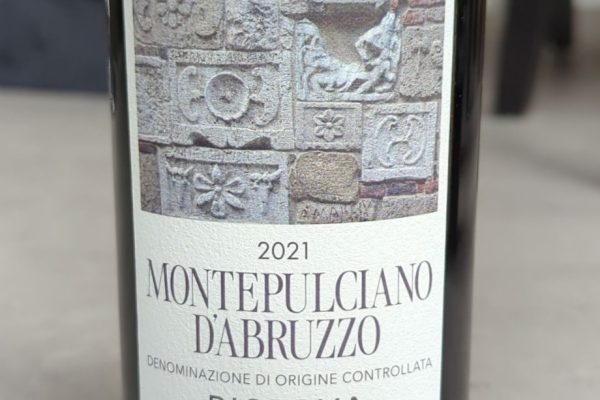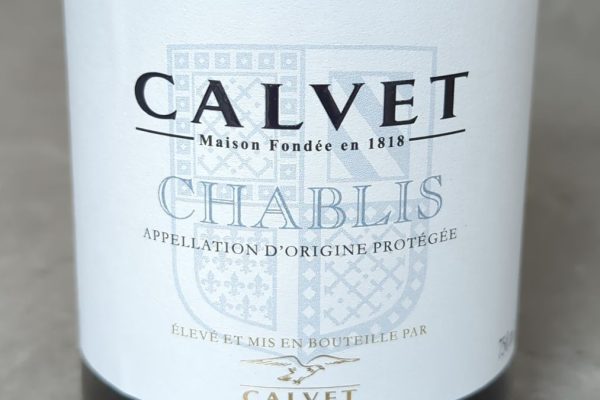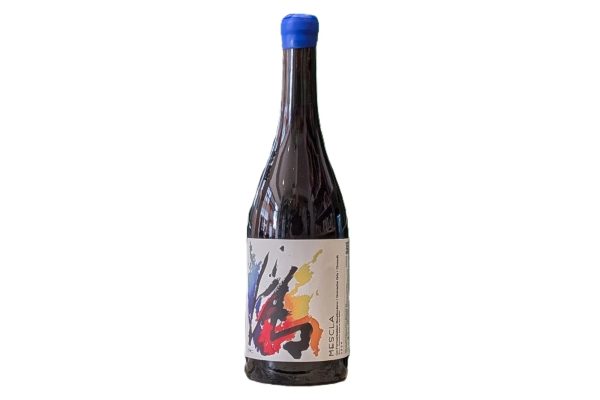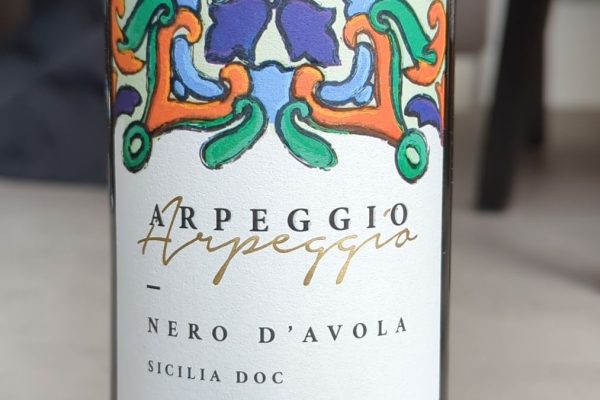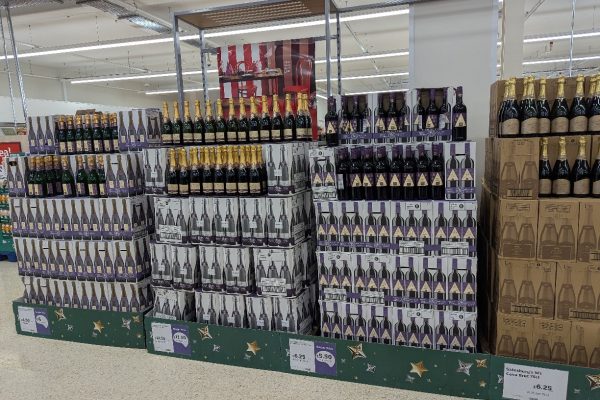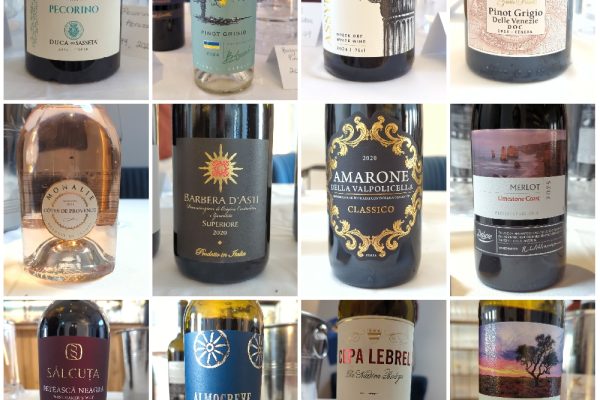
A new paper from Cambridge University Press examines the validity of crowdsourced wine ratings, focusing on the Vivino platform, by comparing them with professional critics’ assessments and exploring their sensitivity to weather variations that impact wine quality.
Using a dataset of Bordeaux red wines, the study finds substantial correlation between Vivino ratings and professional evaluations, though the latter exhibit stronger internal consistency. Differences are partly due to amateurs prioritising immediate drinking pleasure, whereas professionals consider the wine’s ageing potential.
Both amateurs and critics are responsive to weather conditions that affect grape quality, aligning with findings in viticulture literature. However, the study identifies that increasingly high temperatures, particularly late in the growing season, are negatively affecting subjective wine quality, suggesting emerging impacts of climate change on wine production.
The study concludes that crowdsourced ratings are a valid and valuable information source for consumers and producers, offering insights into wine quality and the broader implications of climate change. It suggests that while professionals may guide long-term investment choices, crowdsourced ratings are more useful for immediate consumption decisions.




